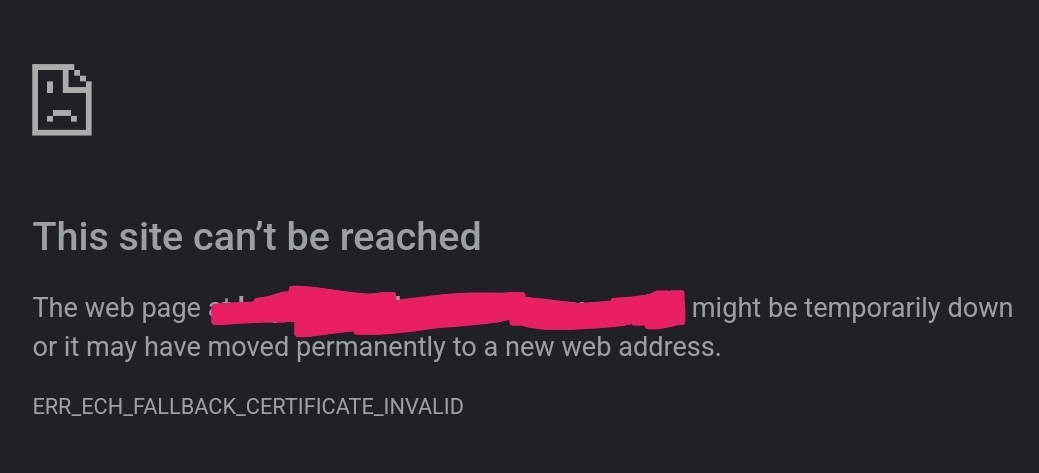Selfhosted
A place to share alternatives to popular online services that can be self-hosted without giving up privacy or locking you into a service you don't control.
Rules:
-
Be civil: we're here to support and learn from one another. Insults won't be tolerated. Flame wars are frowned upon.
-
No spam posting.
-
Posts have to be centered around self-hosting. There are other communities for discussing hardware or home computing. If it's not obvious why your post topic revolves around selfhosting, please include details to make it clear.
-
Don't duplicate the full text of your blog or github here. Just post the link for folks to click.
-
Submission headline should match the article title (don’t cherry-pick information from the title to fit your agenda).
-
No trolling.
Resources:
- awesome-selfhosted software
- awesome-sysadmin resources
- Self-Hosted Podcast from Jupiter Broadcasting
Any issues on the community? Report it using the report flag.
Questions? DM the mods!
view the rest of the comments

 Firefox refuses to show the cert it claims is invalid, and 'accept and continue' just re-loads this error page. Chrome will show the cert; and it's the correct, valid cert from LE.
Firefox refuses to show the cert it claims is invalid, and 'accept and continue' just re-loads this error page. Chrome will show the cert; and it's the correct, valid cert from LE.
this issue is an ongoing discussin over at NPM too, very mysterious
https://github.com/NginxProxyManager/nginx-proxy-manager/issues/3982
Thanks. That seems to be a similar, but slightly different error. I think the below may apply though.
I believe I've tracked down more of my issue, but fixing it is going to be a hassle:
When cloudflare proxying is enabled, there are 3 DNS records involved; A record with cloudflares ipv4, AAAA record with cloudflares IPV6, and the key to this puzzle: an HTTPS record with cloudflares ech/https config.
With pihole I can set DNS records for A/AAAA, but I have no way of blocking/setting the HTTPS record so it gets through from cloudflare.
The LAN A/AAAA records don't match the HTTPS record from cloudflare, so browsers freak out.
Once I disabled cloudflares proxying, I no longer get HTTPS records returned and all works as intended.
I'll either have to keep cloudflare proxying disabled, or switch pihole out for a more comprehensive DNS solution so I can set/block HTTPS records :(
Thank you @bobslaede@feddit.dk for pointing me in the right direction.
I've fixed the same issue for me.
Originally I had this in my Local DNS settings in my Pi-Hole:
I changed that to this:
And then I added CNAME Records to the services like this:
This fixed the whole thing for me :)
Edit: Gonna add some more info
The trick that makes this work, and probably will for you too, and allow you to keep your HTTPS queries, is that Pi Hole will just not ask upstream, if it has the DNS name in the CNAME records. Those CNAME records will have to point to a domain, that Cloudflare doesn't know about. That way there is no other records upstream that will confuse the DNS server and your browser.
The hostname you have in your local DNS records that your CNAME points to, will be something only known locally for you.
@bobslaede@feddit.dk I could kiss you. You've been invaluable my friend, thank you!
Just gave this a test: CNAME ombi.domain -> local.domain with cloudflares proxy re-enabled.
Now the HTTPS, A, and AAAA requests all receive the CNAME response and browsers are happy. I didn't even have to modify ngnix to recognize local.domain like I thought I might.
Awesome! I'm glad that it worked. It took me a while to figure out, when it happened to me. Glad that I could make your life easier :)